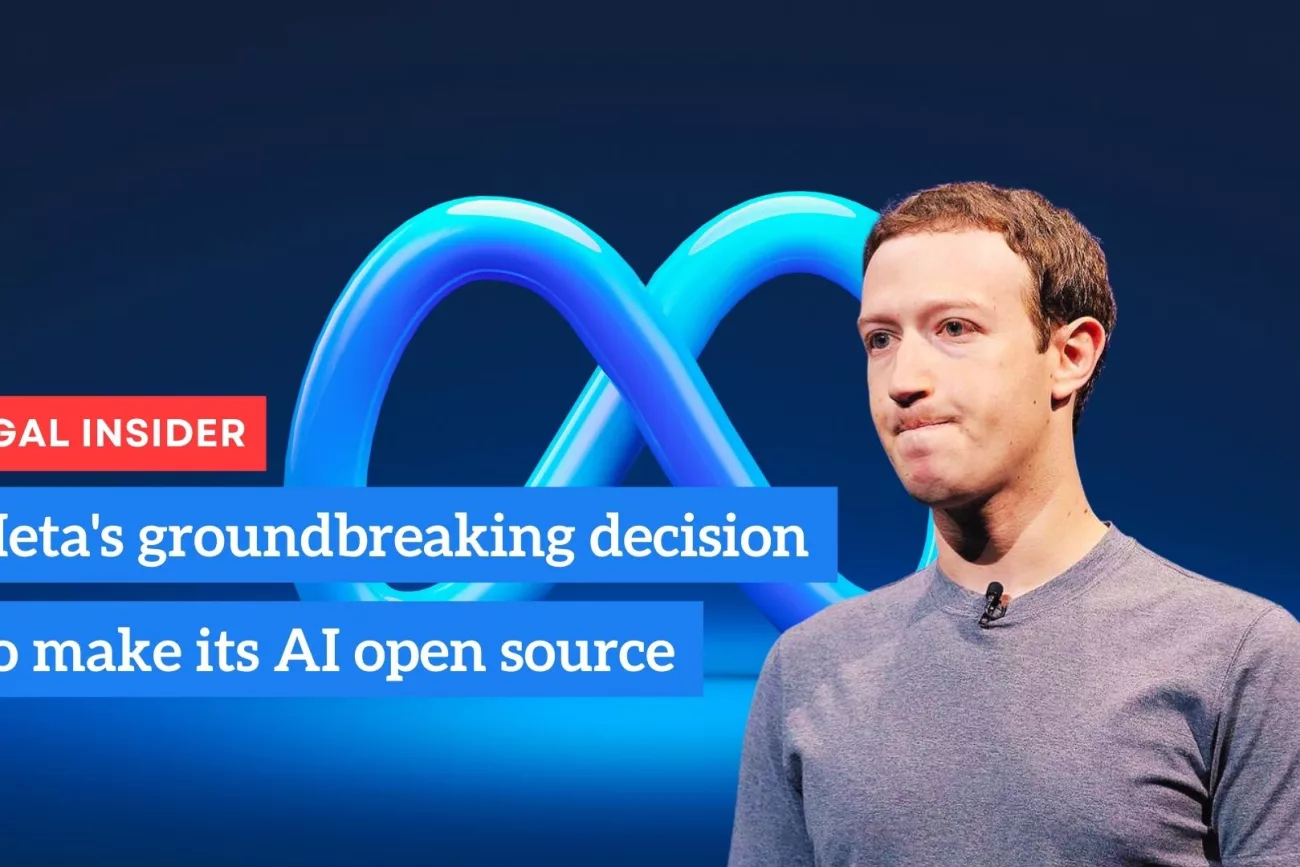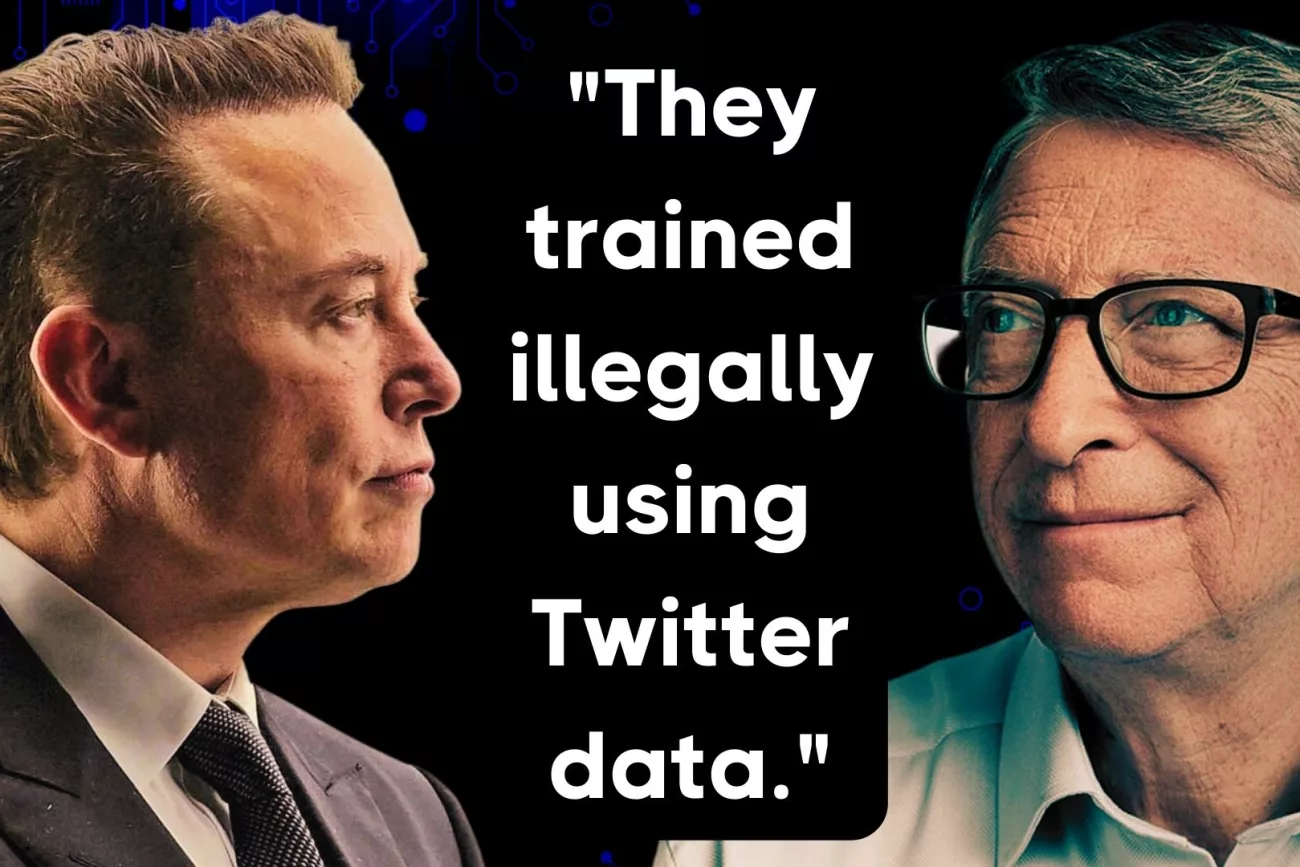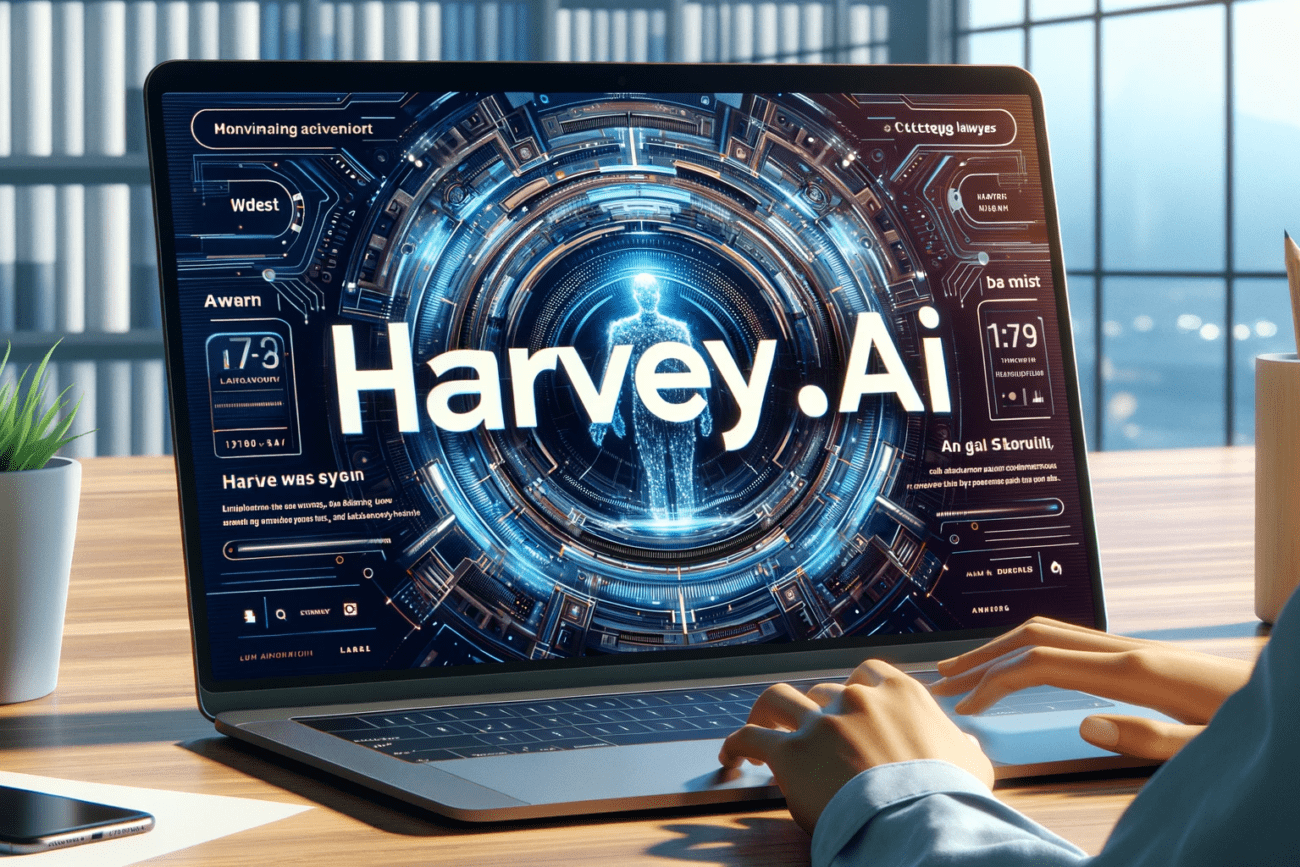
Key Points:
- Meta has decided to make its advanced AI technology, Llama 2, open source to the public, aiming to spur competition and innovation.
- Critics argue that the move could introduce significant risks, with potential misuse by criminals and malicious actors, similar to the previous misuse of Llama.
- The decision intensifies the ongoing divide in the tech world between proponents and opponents of open source AI technology.
- Despite potential risks, Meta defends the decision citing the value of openness and availability, aiming to position itself as a key player in the booming AI space.
The AI Wars: Meta’s Free AI Gambit – Power to the People or Fuel for the Fire?
💥 A seismic shakeup has stormed the bustling world of artificial intelligence (AI), sparking a debate so profound and far-reaching that it has even the most seasoned legal minds scratching their heads.🤔 The epicenter of this disruption is none other than the social media titan, Meta, previously known as Facebook. Its daring maneuver to thrust AI into the public sphere for free has unleashed an avalanche of questions and controversies that demand immediate attention.This conversational, thought-provoking piece aims to dissect the thrilling and contentious unfolding events. It begs the question – is Meta’s move an act of commendable democratization of technology or a potential Pandora’s Box of legal, ethical, and societal issues? Buckle up for a deep dive into this polarizing debate and see where you land. 😎Meta’s Llama 2: AI for All or Fodder for Miscreants?
- The Ground-Breaking Announcement: Meta recently declared that its latest AI marvel, Llama 2, is to be made freely available to anyone who desires to harness its power. This “large language model,” a highly sophisticated algorithm trained on billions of words scooped up from the open internet, is touted as a landmark in AI advancement.🚀
- The Motive Behind: Meta’s move stems from an ‘open source’ philosophy, inviting all to tweak the tech, build upon it, and potentially fuel an AI revolution. Is this a selfless act of tech-philanthropy, or is Meta playing a dangerous game in the race for AI dominance? Only time will tell.
- The Glowing Praises: Many hail this as a watershed moment. Matt Bornstein, a partner with venture capital firm Andreessen Horowitz, trumpeted that the capabilities of Llama 2 could rival even the mammoth AI forces of OpenAI, Microsoft, and Google. 💪
The Unseen War: The AI Divide and the Power Dynamics
The legal implications of this dramatic shift in AI tech are as vast as they are contentious. As we peel back the layers of this complex issue, several pertinent trends and narratives come to light.
- The AI Race: OpenAI, Microsoft, and Google currently dominate the AI landscape, with smaller companies left scrambling in their dust due to prohibitive costs of access. Llama 2’s open-source model could serve as a beacon of hope for these underdogs, leveling the playing field. A triumph for competition, or the seed of unforeseen disruption? You decide.⚖️
- The Risk of Misuse: Yet, the dark side of this open-source approach lurks ominously. Meta’s free AI could become a weapon in the hands of criminals, governments, and malicious entities. With prior instances of open-source AI models being misappropriated for creating child sexual abuse imagery, this fear is not unfounded. It’s a legal minefield that legal professionals must navigate with caution and prudence.🚧
- The Divided Tech World: A rift has emerged in the tech community over the idea of open-source AI. The likes of Google and OpenAI champion selective transparency, citing the risks of misuse and the dangers of unfettered access. In stark contrast, Meta, Hugging Face, and Stability AI stress the importance of open-source to prevent tech monopolies and foster competition. Is open-source the solution, or is it another problem dressed as one? 🔥
“Open Source is Key,” Insists Zuckerberg
The AI landscape is now split into two distinct camps. On one side, advocates for open-source AI laud it as a catalyst for innovation and safety, while on the other, skeptics fear it may become a weapon for nefarious elements.
- Meta’s Defense: Mark Zuckerberg, Meta’s CEO, champions open-source AI, citing it as a catalyst for innovation and a safety valve. He argues that with more developers having access to the technology, potential issues can be more readily identified and addressed. 👍
- The Skeptics’ Perspective: Critics warn of the potential misuse of open-source AI. They point to Meta’s earlier release of Llama, which was leaked and later used in applications ranging from drug discovery to sexually explicit chatbots. With a track record like this, is the legal community prepared to handle the potential fallout of Meta’s latest offering?🚧
- The Legal Angle: In the aftermath of Meta’s announcement, Senators Richard Blumenthal and Josh Hawley penned a strongly worded letter to Zuckerberg. They expressed concerns over AI applications that have already been abused for problematic content. These range from pornographic deep fakes to malware and phishing campaigns. How should lawmakers and regulatory bodies respond to this?🔥
The Aftermath: Widespread Impact, Unanswered Questions
Meta’s daring move has set the AI world alight, but it has also exposed several fault lines and raised numerous questions.
- The Impact on Competitors: Meta’s push to make Llama 2 freely accessible is not just a statement. It’s a challenge to tech giants Google and Microsoft. But, will it create a level playing field or merely open up a new battlefront in the AI wars?💥
- The Regulatory Conundrum: How do we regulate this technology? If, as Bhaskar Chakravorti of The Fletcher School at Tufts University suggests, the genie is being let out of the bottle, how do we get it back in, or should we even try? Is Meta’s approach to AI regulation workable, or does it merely stoke the fires of an already complex issue?⚖️
- The Financial Perspective: Microsoft announced pricing for some of its AI tools, signaling the potential financial impact of AI on businesses. Will Meta’s move affect the stock prices and bottom lines of the big tech companies, and what could this mean for the AI industry as a whole?💰
The Final Word: Progress or Peril?
It’s clear that Meta’s open-sourcing of Llama 2 has set the cat among the pigeons in the AI space. But, has it ushered in a new era of progress or invited a new kind of peril? The jury is out, and the verdict will echo across the corridors of legal, technological, and societal landscapes. 😮
As legal professionals, we must brace ourselves to confront these challenges head-on. So, what’s your take on Meta’s move? Share your thoughts, and let’s ignite a debate that could shape the future of AI. 🔥
Don’t miss out on more engaging and controversial legal discussions. Sign up for our newsletter, and join the conversation!💼📧
⚠️ Remember, your voice matters. Join the conversation and help shape the future of AI and law.⚠️
Share this post
Frequently Asked Questions (FAQs)
Q: What is Meta's recent announcement about AI?
A: Meta has decided to make its cutting edge artificial intelligence technology, Llama 2, freely available to the public. This initiative adopts an ‘open source’ approach which allows for public scrutiny and modification of the underlying code.
Q: Why is this move controversial?
A: While open sourcing can spur innovation and competition, there are serious concerns about misuse by malicious actors. The previous version, Llama, was leaked and used for unsavory applications, stirring debate on ethics and regulation.
Q: What does this mean for smaller companies and startups?
A: By making Llama 2 free to use, smaller companies and startups that could not afford costly AI tools from tech giants can now access advanced AI technology, possibly leveling the playing field.
Q: What are the reactions from other tech giants to this move?
A: Tech leaders like Google and OpenAI have reservations about open sourcing AI, citing risks of misuse. The release of Llama 2 deepens this divide over the approach to advancing AI technology.
Q: How has Meta addressed the potential misuse of Llama 2?
A: To address concerns, Meta stated that Llama 2 has undergone ‘red-teaming’ exercises to rectify its flaws. However, some critics argue that the preventive measures may not be enough to prevent potential misuse.














